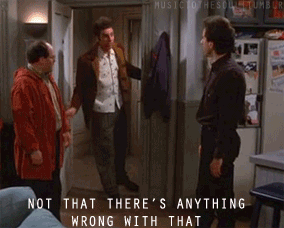The False Promise

Dan Willingham's The False Promise of Tech in Schools has a number of salient points, that it's useful to remind ourselves to pay attention too.
My thoughts then.
-
Our gut feelings/intuition about what makes for useful learning experiences, have been skewed/led by the ed-tech memes that we've allowed to flow across education.
-
Those same ed-tech memes have flowed into education by those who ultimately need to ensure they meet their sales targets.
-
Not that there's anything wrong with that per se - just that we need to be OK and recognize that's why the ed-tech is there.
-
It's not, despite all the lovely marketing words to the contrary, just "for the kids".
-
Our ability to make decisions on our personal use of tech, doesn't automagically translate or scale into useful decisions about the use of tech in a classroom, a school, a district or indeed the entire education system.
-
How we evaluate our decisions, regardless of how carefully we implement the ed-tech, needs to be completed with openness and humility - "and the courage to admit something isn’t working".
-
In education we don't do point 6 well enough.
-
Point 6 is really difficult for educational leaders in a high-stakes, high-cost environment, that's self-defined itself as "future-focused" - in a society and culture where "future-focused" sits upon us as a Jetsons vs Tesla vs Google wraparound reality, all embedded nicely in a Jony Ives designed blankscape.
-
If we choose tools that don't appear like point 8 - are we still what we believe and say we are, are we still performing our duty of care for our students, and meeting the expectations of parents and communities?
-
If we choose the tools of today, to meet the needs of those in front of us, are we still valid as schools, regardless of our ed-tech/future-focused appearances?
